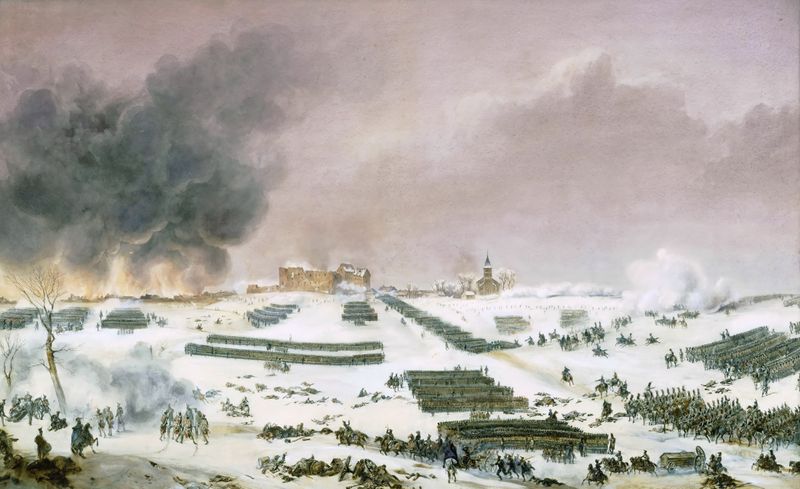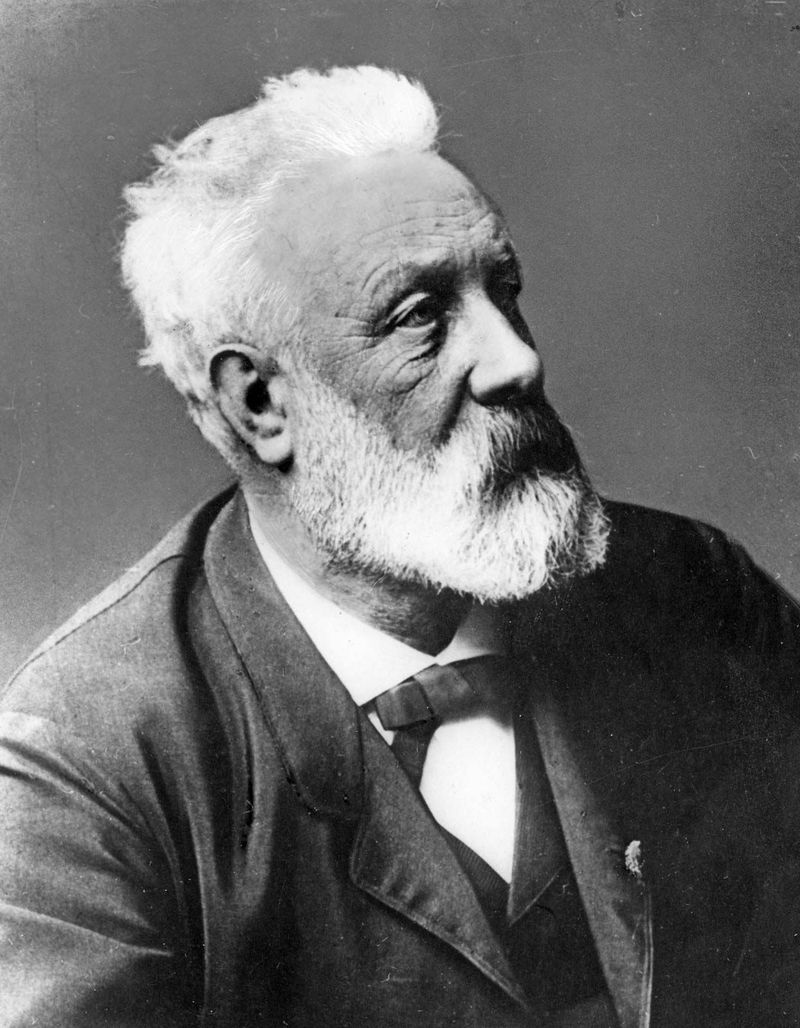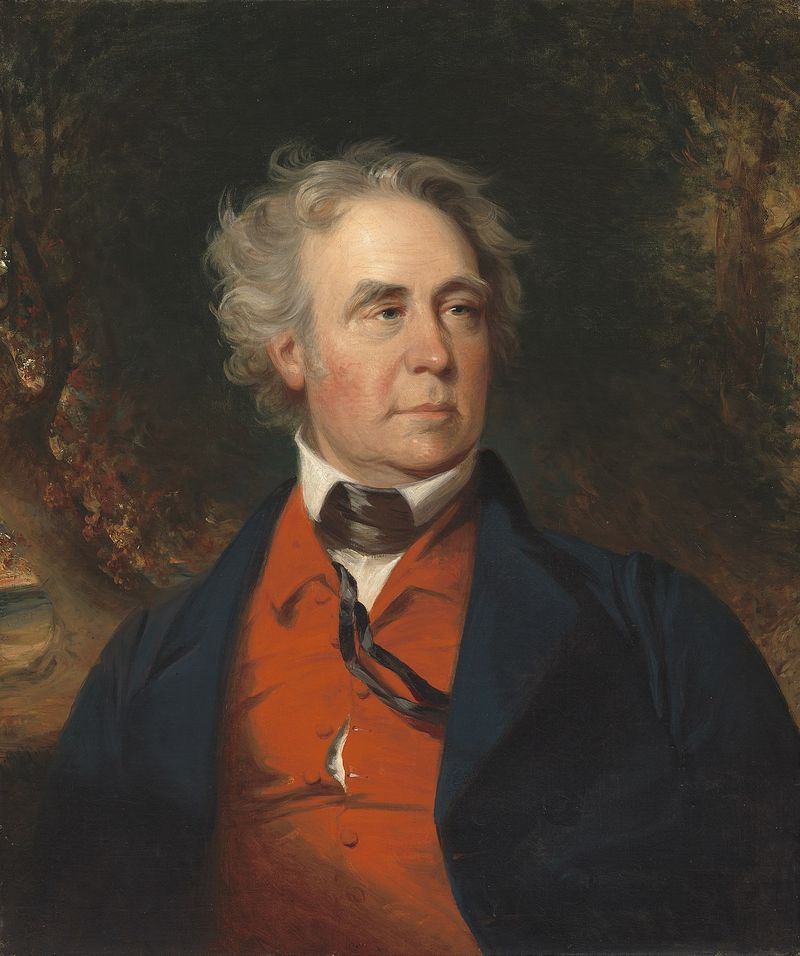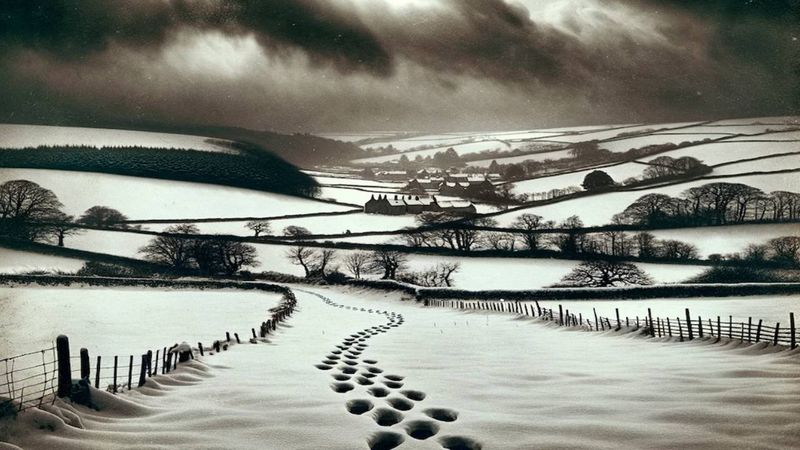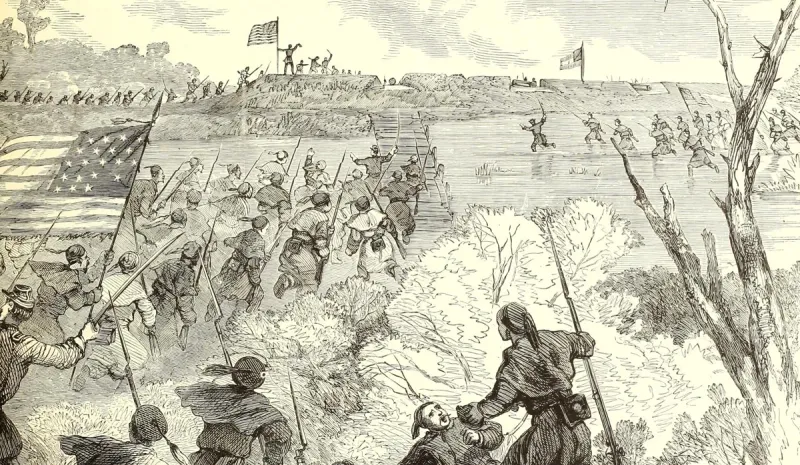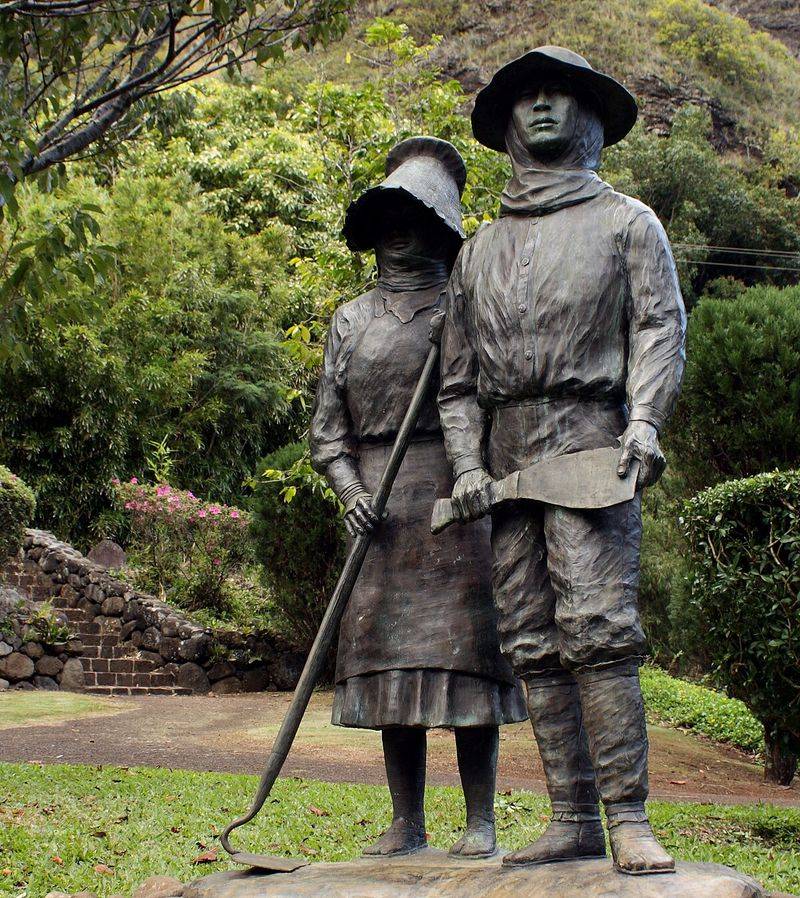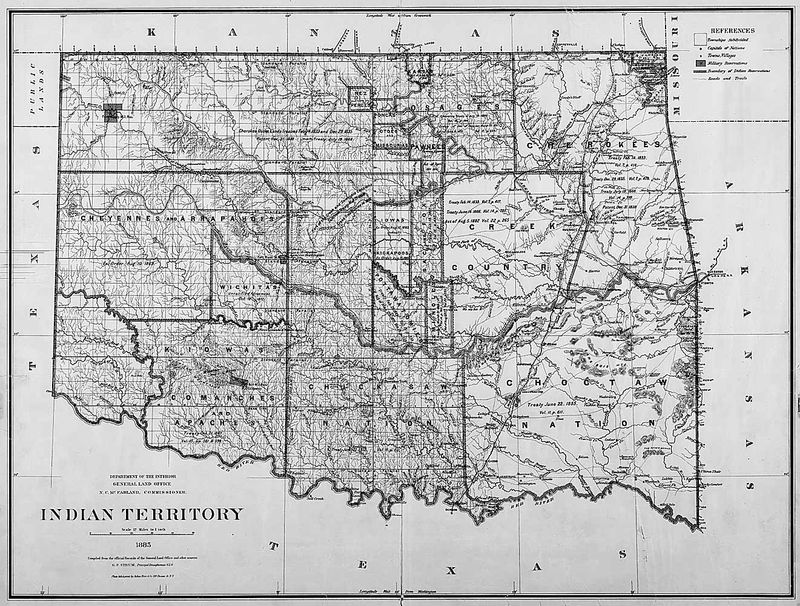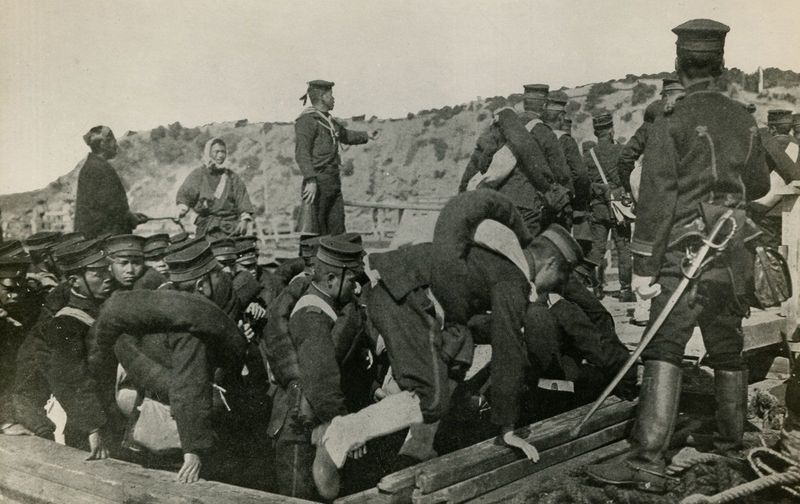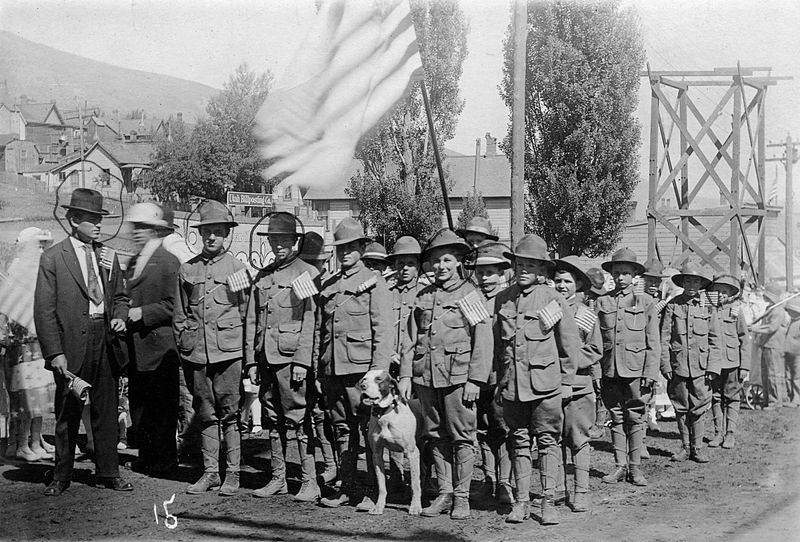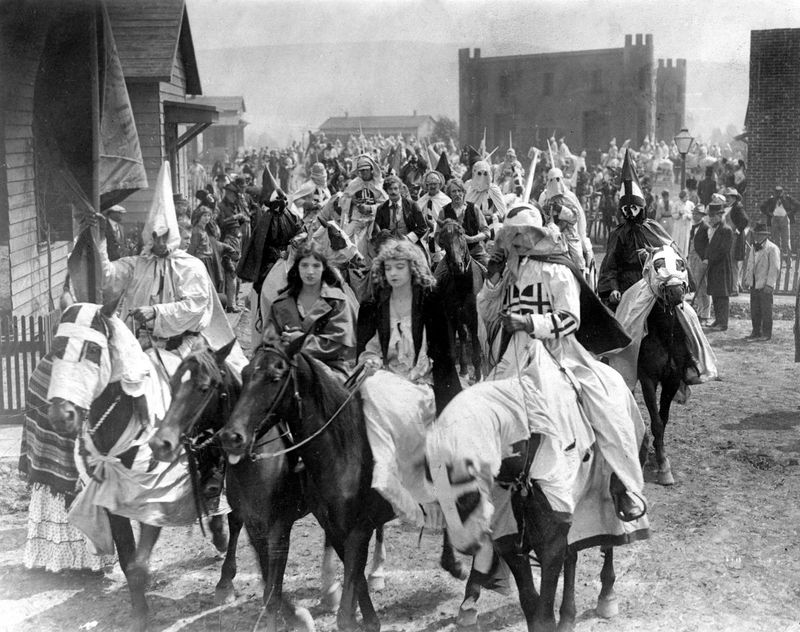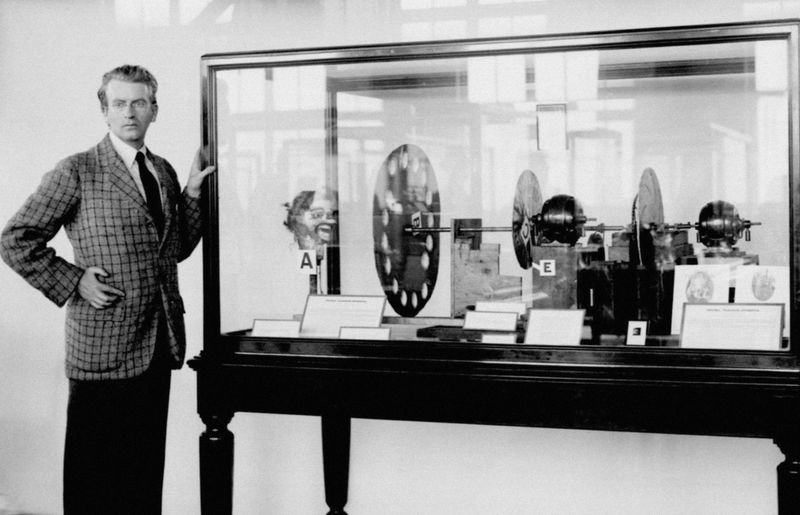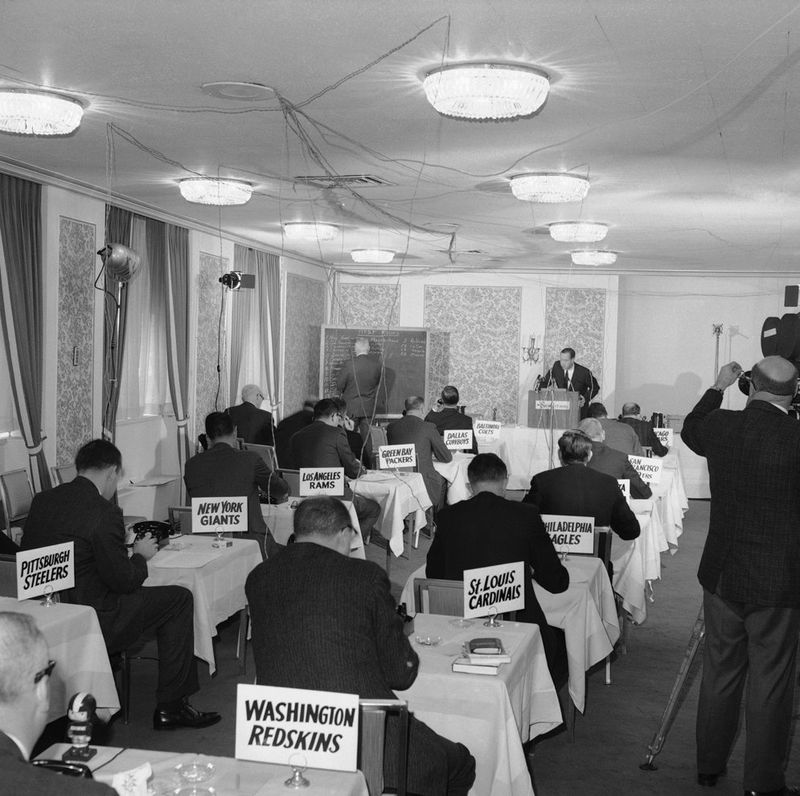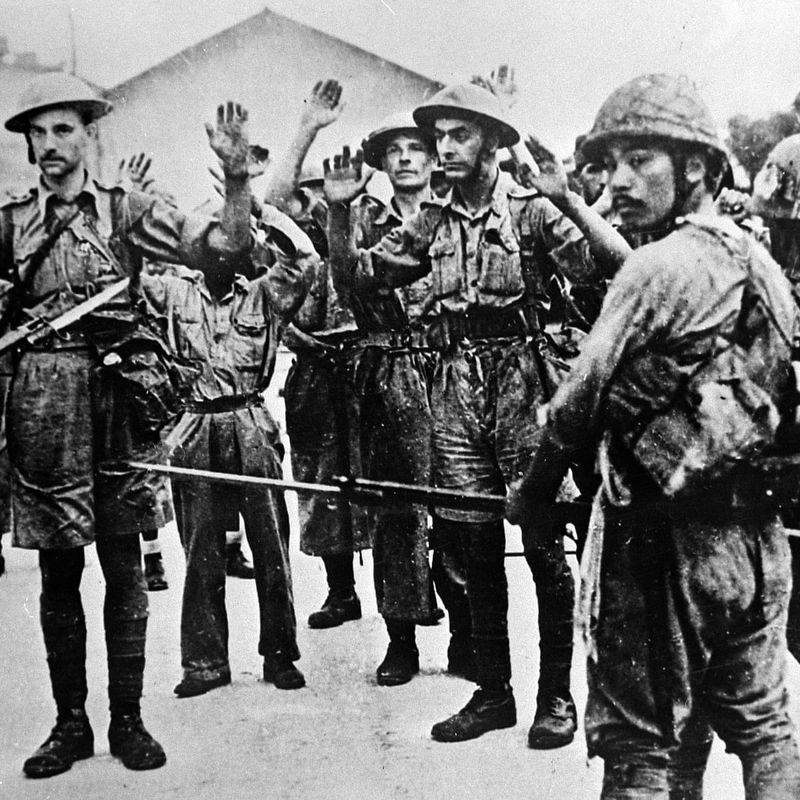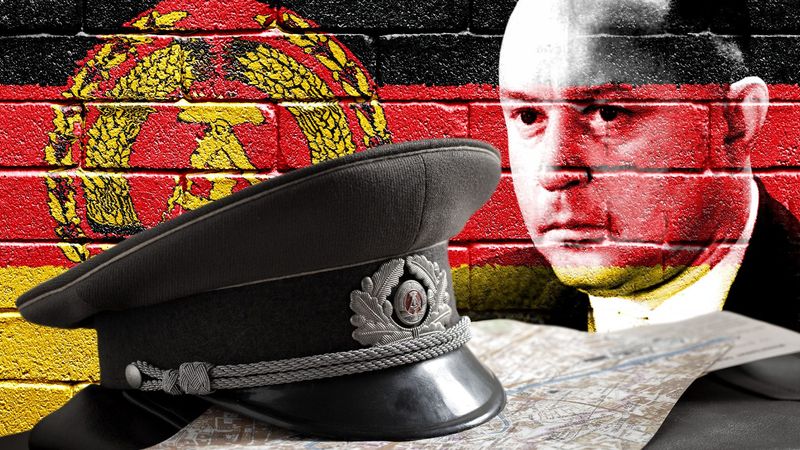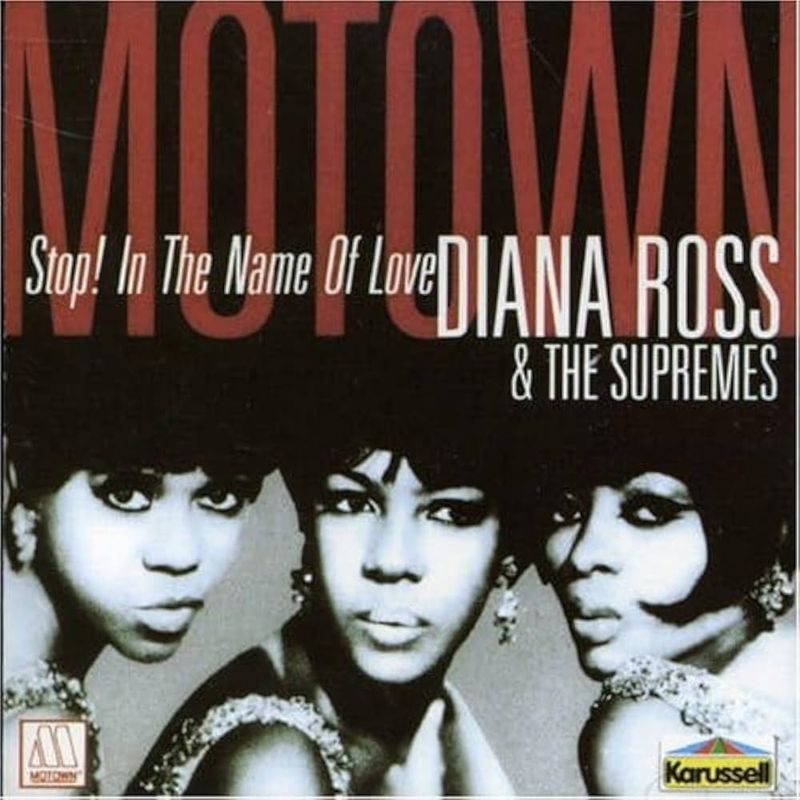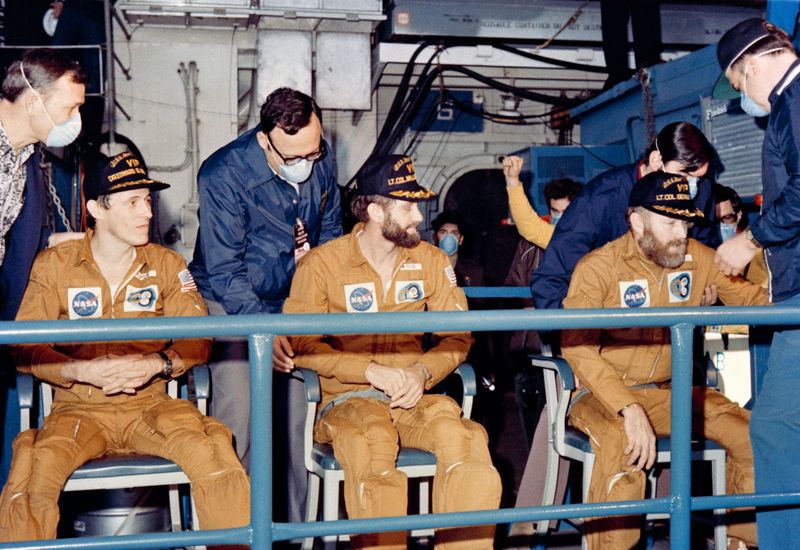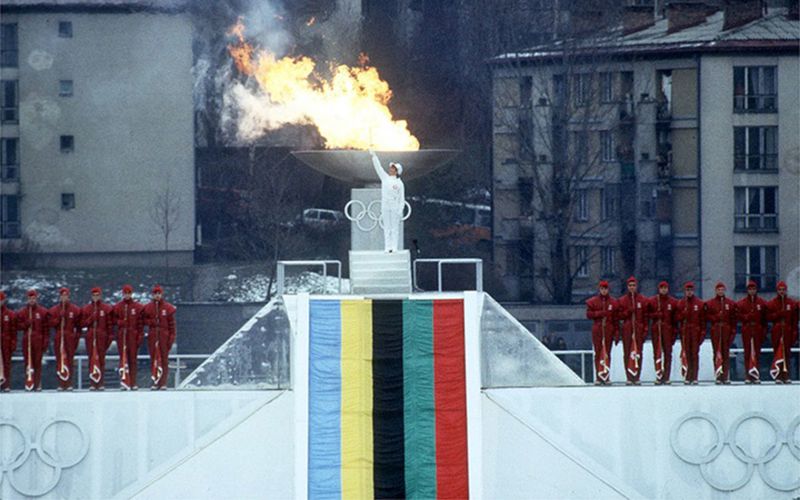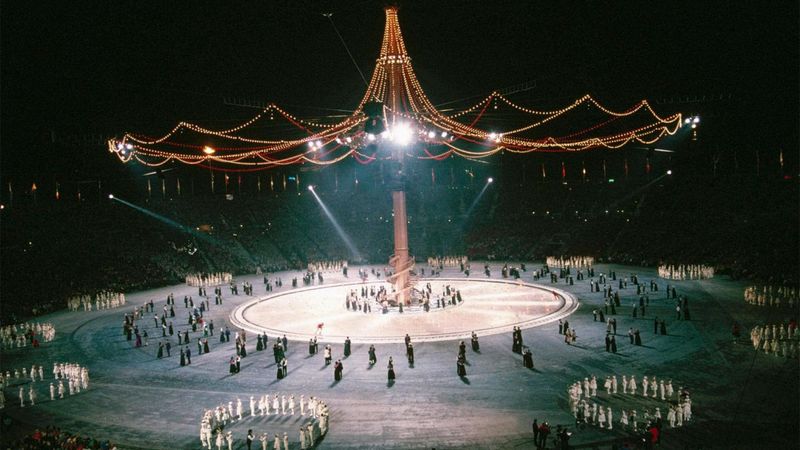February 8th, a day steeped in history, presents us with a tapestry of events that have shaped our world. From royal executions and scientific breakthroughs to memorable cultural milestones, this day offers a window into the past.
Join us as we explore thirty significant occurrences that transpired on this date, offering insights, stories, and a glimpse into the diverse events that continue to resonate today.
1. 1587 – Execution of Mary, Queen of Scots
In 1587, Mary, Queen of Scots, faced execution at the age of forty-four. She had been implicated in a plot to assassinate her cousin, Queen Elizabeth I, a charge that sealed her fate. Mary was executed at Fotheringhay Castle, dressed in a flowing gown.
Her death marked the end of a royal rivalry that had spanned decades, rooted in claims to the English throne.
The execution shocked Europe, igniting Catholic anger and sympathy towards Mary. Despite her tragic end, Mary’s life and death remain a poignant chapter in British history.
2. 1601 – Robert Devereux Leads the Essex Rebellion
On February 8, 1601, Robert Devereux, the 2nd Earl of Essex, led a rebellion against Queen Elizabeth I. At thirty-four, Devereux, once a favorite of the Queen, found himself at odds with her government.
The uprising, known as the Essex Rebellion, aimed to seize control of London but failed miserably. Devereux was captured and executed for treason, marking a dramatic fall from grace.
The rebellion exposed the volatile nature of Elizabethan politics and the fragile loyalties within the court, illustrating the perilous ambition that could lead to ruin.
3. 1725 – Death of Peter the Great (Russia)
Peter the Great, the towering Russian czar, died on February 8, 1725, at the age of fifty-two. His reign had transformed Russia into a major European power, with extensive reforms in government, military, and culture.
Peter’s death marked the end of an era, leaving a legacy of modernization and expansion. He is remembered for founding the city of St. Petersburg and his relentless pursuit of Westernization.
Despite controversies surrounding his rule, Peter’s impact on Russia’s trajectory is undeniable, reshaping the nation’s identity and place in the world.
4. 1807 – End of the Battle of Eylau
The Battle of Eylau ended on February 8, 1807, in harsh winter conditions. This brutal encounter between Napoleonic France and Russia was part of the War of the Fourth Coalition.
Fought in snow and ice, the battle resulted in massive casualties, with no decisive victory for either side. The severe weather and relentless combat exemplified the brutality of Napoleonic warfare.
Though a tactical stalemate, Eylau showcased the resilience and tenacity of both armies, highlighting the human cost of the conflicts that defined early 19th-century Europe.
5. 1828 – Birth of Jules Verne
On February 8, 1828, Jules Verne was born in Nantes, France, destined to become one of the founding fathers of science fiction.
His works, including “Twenty Thousand Leagues Under the Sea” and “Around the World in Eighty Days,” captivated readers with imaginative tales of adventure and exploration.
Verne’s stories blended scientific innovation with thrilling narratives, forecasting technological advancements that would later become reality.
His unique vision inspired generations of readers and writers, establishing a legacy that continues to influence modern science fiction and adventure literature worldwide.
6. 1837 – Richard Mentor Johnson Chosen as US Vice President
In 1837, Richard Mentor Johnson was chosen as the Vice President of the United States under President Martin Van Buren. Johnson was a controversial figure, known for his personal life and political views.
His selection was marked by a contentious electoral process, reflecting the divisive political landscape of the time. Despite criticism, Johnson played a notable role in the Van Buren administration.
His tenure highlighted the challenges of leadership in a nation rife with sectional tensions, as the United States grappled with issues of expansion, economy, and social change.
7. 1855 – “Devil’s Footprints” Phenomenon in Devon, England
The “Devil’s Footprints” appeared on February 8, 1855, in Devon, England, causing widespread curiosity and fear. Mysterious hoof-like tracks were found in the snow, stretching over miles and crossing seemingly impassable obstacles.
The phenomenon sparked numerous theories, from supernatural explanations to more rational considerations like animals or weather. Though the true cause remains unknown, the event captured the imagination of the public.
It continues to intrigue enthusiasts of the unexplained, serving as a fascinating glimpse into the folklore and mysteries of Victorian England.
8. 1862 – Union Forces Capture Roanoke Island (US Civil War)
During the American Civil War, Union forces captured Roanoke Island on February 8, 1862. This strategic victory was crucial in gaining control over North Carolina’s coastal regions.
Led by General Ambrose Burnside, the operation involved a coordinated land and naval attack, overwhelming Confederate defenses. The victory bolstered Union morale and established a foothold for further operations in the Southern states.
It demonstrated the importance of combined arms tactics and control of key geographical points, setting a precedent for future Union campaigns throughout the war.
9. 1885 – First Official Japanese Government Immigrants Arrive in Hawaii
On February 8, 1885, the first official Japanese government-sponsored immigrants arrived in Hawaii. This marked the beginning of a significant wave of Japanese immigration to the islands.
The immigrants sought opportunities in the sugarcane plantations, contributing to Hawaii’s growing labor force and cultural diversity. Their arrival laid the foundation for a vibrant Japanese community, influencing Hawaii’s social, economic, and cultural landscape.
Today, the legacy of these immigrants is celebrated, as they played a vital role in shaping the multicultural identity of Hawaii, bridging cultures and enriching the islands’ heritage.
10. 1887 – Dawes Act Enacted in the United States
The Dawes Act was enacted on February 8, 1887, aiming to assimilate Native Americans into American society by allotting them individual plots of land. This policy intended to encourage farming and self-sufficiency among Native communities.
However, it resulted in significant loss of tribal lands and cultural disruption. The act reflected the broader US policy of assimilation, often at the expense of Native traditions and autonomy.
Although intended as reform, it had long-lasting negative impacts, leading to a reevaluation of Native American policies in the 20th century.
11. 1904 – Start of the Russo-Japanese War
The Russo-Japanese War began on February 8, 1904, marking a conflict over territorial ambitions in East Asia. Tensions between Russia and Japan had been escalating due to competing interests in Korea and Manchuria.
The war showcased Japan’s rising military prowess through decisive naval battles. Japan’s victory redefined the balance of power in the region and was a precursor to future conflicts.
It signified the emergence of Japan as a formidable global force and highlighted the strategic importance of naval superiority in 20th-century warfare.
12. 1910 – Founding of the Boy Scouts of America
The Boy Scouts of America was founded on February 8, 1910, with the goal of promoting character, citizenship, and fitness among young boys. Inspired by the British Scouting movement, it quickly grew into a national organization.
Scouting provided boys with opportunities to engage in outdoor activities, learn practical skills, and develop leadership qualities.
Over the years, the movement expanded to include girls and emphasized inclusivity and community service. Today, the Boy Scouts continue to inspire youth across the nation, fostering values that contribute to personal and societal growth.
13. 1915 – Premiere of “The Birth of a Nation”
On February 8, 1915, D.W. Griffith’s film “The Birth of a Nation” premiered, becoming a significant milestone in cinematic history.
While it showcased innovative filmmaking techniques, the film was highly controversial for its portrayal of racial stereotypes and glorification of the Ku Klux Klan.
Its release sparked protests and debates about race relations in America. Despite its technical achievements, the film’s legacy is marred by its racist content.
It serves as a reminder of the power of media in shaping societal attitudes and the ongoing need for critical engagement with cultural productions.
14. 1924 – First US Execution by Gas Chamber
The first US execution by gas chamber occurred on February 8, 1924, in Nevada. This method was introduced as a supposedly more humane alternative to hanging.
The execution marked a shift in the approach to capital punishment, reflecting broader societal debates about the ethics and efficacy of different methods. While intended to be a progressive step, it raised questions about the morality of state-sanctioned death.
The gas chamber’s use has declined in recent years, as discussions about the death penalty continue to evolve, highlighting changing perspectives on justice and humanity.
15. 1928 – John Logie Baird’s First Transatlantic TV Broadcast
On February 8, 1928, Scottish inventor John Logie Baird made the first successful transatlantic television broadcast from London to New York.
This groundbreaking achievement demonstrated the potential of television as a medium for long-distance communication.
Baird’s experiment paved the way for future advancements in broadcasting technology, forever altering how information and entertainment were delivered.
His pioneering work in television laid the groundwork for the global communications network we rely on today, making him a pivotal figure in the history of media and technology.
16. 1932: John Williams Is Born, Future Legendary Composer
John Williams, born on February 8, 1932, would become one of the most celebrated composers in cinematic history. His evocative scores, including the iconic themes for “Star Wars,” “Jurassic Park,” and “Harry Potter,” have shaped the auditory landscape of modern cinema.
His journey began in a modest New York household, where his father, a jazz percussionist, introduced him to music.
Williams’ career soared when he partnered with director Steven Spielberg, creating unforgettable soundtracks that added depth to visual storytelling.
His ability to craft emotion through music has earned him multiple Academy Awards and a timeless legacy. Truly, Williams’ influence is unparalleled.
17. 1933: Boeing 247 Takes Its Inaugural Flight
February 8, 1933, marked the inaugural flight of the Boeing 247, a pioneer in aviation technology. This aircraft was a game-changer in commercial aviation, boasting a sleek and modern design for its time.
It was the first airplane to combine speed, safety, and passenger comfort, setting new standards for air travel.
The Boeing 247 featured innovations such as an all-metal body and retractable landing gear, making it faster and more efficient than its predecessors.
Aviation enthusiasts and professionals alike marveled at its capabilities, as it paved the way for future generations of aircraft development.
18. 1936 – NFL Holds Its First Draft in Philadelphia
The National Football League held its first draft on February 8, 1936, in Philadelphia. This event marked the beginning of a new era in professional football, providing a formal process for teams to select college players.
The draft aimed to maintain competitive balance within the league and has since become a cornerstone of NFL operations.
It reflects the evolving nature of sports management and the increasing significance of college athletics in shaping professional sports. The draft continues to captivate fans, symbolizing hope and opportunity for teams and players alike.
19. 1942 – Japanese Invasion of Singapore (World War II)
The Japanese invasion of Singapore began on February 8, 1942, during World War II. This operation was part of Japan’s campaign to dominate Southeast Asia and secure vital resources.
The fall of Singapore was a significant blow to the Allies and marked one of the largest surrenders in British military history. It highlighted vulnerabilities in colonial defenses and shifted the balance of power in the Pacific.
The invasion underscored the strategic importance of Singapore and the broader implications of Japan’s wartime ambitions.
20. 1950 – Establishment of the Stasi in East Germany
On February 8, 1950, the Stasi, East Germany’s notorious state security service, was officially established. Known for its extensive surveillance and suppression of dissent, the Stasi became a symbol of Cold War-era totalitarianism.
The organization infiltrated all aspects of East German life, using fear and intimidation to maintain control. Its legacy is marked by human rights abuses and a culture of mistrust that persisted even after the fall of the Berlin Wall.
The Stasi’s history serves as a cautionary tale about the dangers of unchecked government power and the importance of protecting civil liberties.
21. 1963 – Ba’ath Party Overthrows Abd al-Karim Qasim in Iraq
On February 8, 1963, the Ba’ath Party overthrew Iraqi Prime Minister Abd al-Karim Qasim in a coup d’état. This upheaval marked a significant shift in Iraq’s political landscape, as the Ba’athists sought to implement a pan-Arab socialist ideology.
The coup was characterized by violent confrontations and a repressive regime that followed. The event set the stage for future political instability in Iraq, highlighting the complex interplay of power, ideology, and regional dynamics in the Middle East.
22. 1965 – The Supremes Release “Stop! In the Name of Love”
The Supremes released their iconic hit “Stop! In the Name of Love” on February 8, 1965, captivating audiences with its catchy melody and poignant lyrics. As one of Motown’s most successful acts, The Supremes, led by Diana Ross, became symbols of 1960s pop culture.
The song’s release contributed to the group’s ongoing success and influence in the music industry.
It remains a classic, reflecting the era’s vibrant musical landscape and the power of pop music to transcend cultural and social boundaries, leaving a lasting mark on popular music history.
23. 1971 – Debut of the NASDAQ Stock Market Index
The NASDAQ Stock Market Index debuted on February 8, 1971, revolutionizing the way stocks were traded. As the world’s first electronic stock market, NASDAQ introduced a new era of efficiency and accessibility in financial markets.
Its creation allowed for quicker trades and a broader range of listed companies, particularly in the technology sector. Today, NASDAQ is recognized as a global leader in the stock exchange industry, driving innovation and economic growth.
The index’s debut marked a transformative moment in the history of financial trading, shaping modern investment landscapes.
24. 1974 – Skylab 4 Crew Returns to Earth
On February 8, 1974, the crew of Skylab 4 returned to Earth, concluding the final mission of America’s first space station. The mission, which lasted 84 days, set a record for the longest human spaceflight at the time.
The astronauts conducted numerous scientific experiments, contributing valuable data to space research. Their return marked the end of the Skylab program, laying the groundwork for future space exploration endeavors.
The mission demonstrated human resilience and adaptability in space, paving the way for continued exploration beyond Earth’s atmosphere.
25. 1983 – Melbourne Dust Storm in Australia
On February 8, 1983, Melbourne, Australia, experienced a massive dust storm that swept across the city. The storm, caused by drought conditions and strong winds, enveloped Melbourne in a thick blanket of red dust.
Visibility was drastically reduced, and the storm caused significant disruption to daily life. This event highlighted the environmental challenges faced by Australia, emphasizing the need for sustainable land management practices.
The Melbourne dust storm remains one of the most memorable natural events in the city’s history, illustrating the impact of climate and weather on urban areas.
26. 1984 – Winter Olympics Open in Sarajevo
The Winter Olympics opened in Sarajevo on February 8, 1984, bringing together athletes from around the world. The games were a celebration of sportsmanship and international unity, set against the picturesque backdrop of the Balkans.
Despite political tensions in the region, the event was a success, showcasing Sarajevo as a vibrant host city.
The 1984 Winter Olympics are remembered for their spirit of cooperation and excellence in winter sports, leaving a lasting legacy in Olympic history and the hearts of sports enthusiasts worldwide.
27. 1992 – Winter Olympics Open in Albertville
On February 8, 1992, the Winter Olympics opened in Albertville, France, highlighting the beauty of the French Alps. The games featured a wide range of winter sports, from skiing to bobsleigh, attracting global attention.
Albertville’s hosting of the Olympics was a showcase of French culture and hospitality, contributing to the international appeal of the event.
The 1992 Winter Olympics are celebrated for their memorable performances and the unique charm of their alpine setting, adding to the rich tapestry of Olympic history and inspiring future generations of athletes.
28. 2007 – Death of Anna Nicole Smith
On February 8, 2007, Anna Nicole Smith, a model and television personality, died at the age of thirty-nine. Her life was marked by fame, controversy, and personal struggles, making her a prominent figure in popular culture.
Smith’s sudden death captured media attention, sparking discussions about the pressures of celebrity life. Her story is a cautionary tale about the impact of fame and the challenges faced by public figures.
Despite her tumultuous life, Smith remains a cultural icon, remembered for her charisma and the complexities of her public persona.
29. 2013 – Blizzard “Nemo” Batters Northeastern US
Blizzard “Nemo” struck the Northeastern United States on February 8, 2013, bringing heavy snowfall and strong winds. The storm caused widespread disruption, with power outages, travel delays, and school closures affecting millions.
Emergency services worked tirelessly to respond to the crisis, highlighting the resilience of communities in the face of natural disasters. The blizzard underscored the importance of preparedness and adaptation to changing weather patterns.
“Nemo” remains one of the most memorable winter storms in recent history, leaving a lasting impact on the region and its inhabitants.
30. 2019 – Thai Princess Ubolratana Nominated for Prime Minister
On February 8, 2019, Thai Princess Ubolratana was nominated for Prime Minister, a groundbreaking political development. At sixty-seven, the princess’s candidacy was unprecedented in Thailand’s political history, blurring the lines between monarchy and governance.
Her nomination was met with both support and controversy, reflecting the complex dynamics of Thai politics. Although her candidacy was ultimately withdrawn, the event highlighted the evolving role of the monarchy in modern Thailand.
Princess Ubolratana’s brief political engagement remains a significant moment in the country’s ongoing quest for democratic reform.




